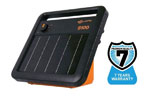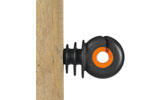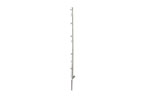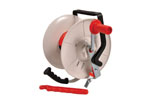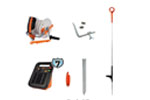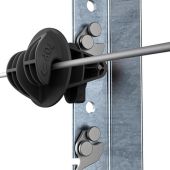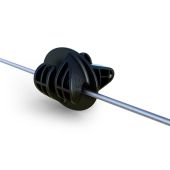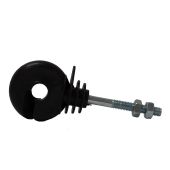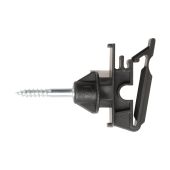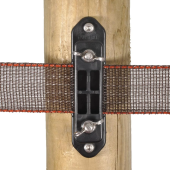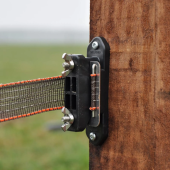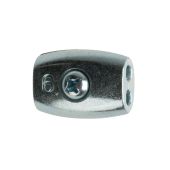
Electric Fencing
Our electric fencing range includes everything you need to set up a complete electric fencing run, from leading manufactures including Gallagher Fencing. Shop our range of energisers, stakes, wire, tape and insulators now, available individually or in ready made kit form.
-
-
-
-
-
-
-
-
- Gallagher Turboline Corner / End Strain Insulator£3.86 plus VAT £4.63
-
-
-


